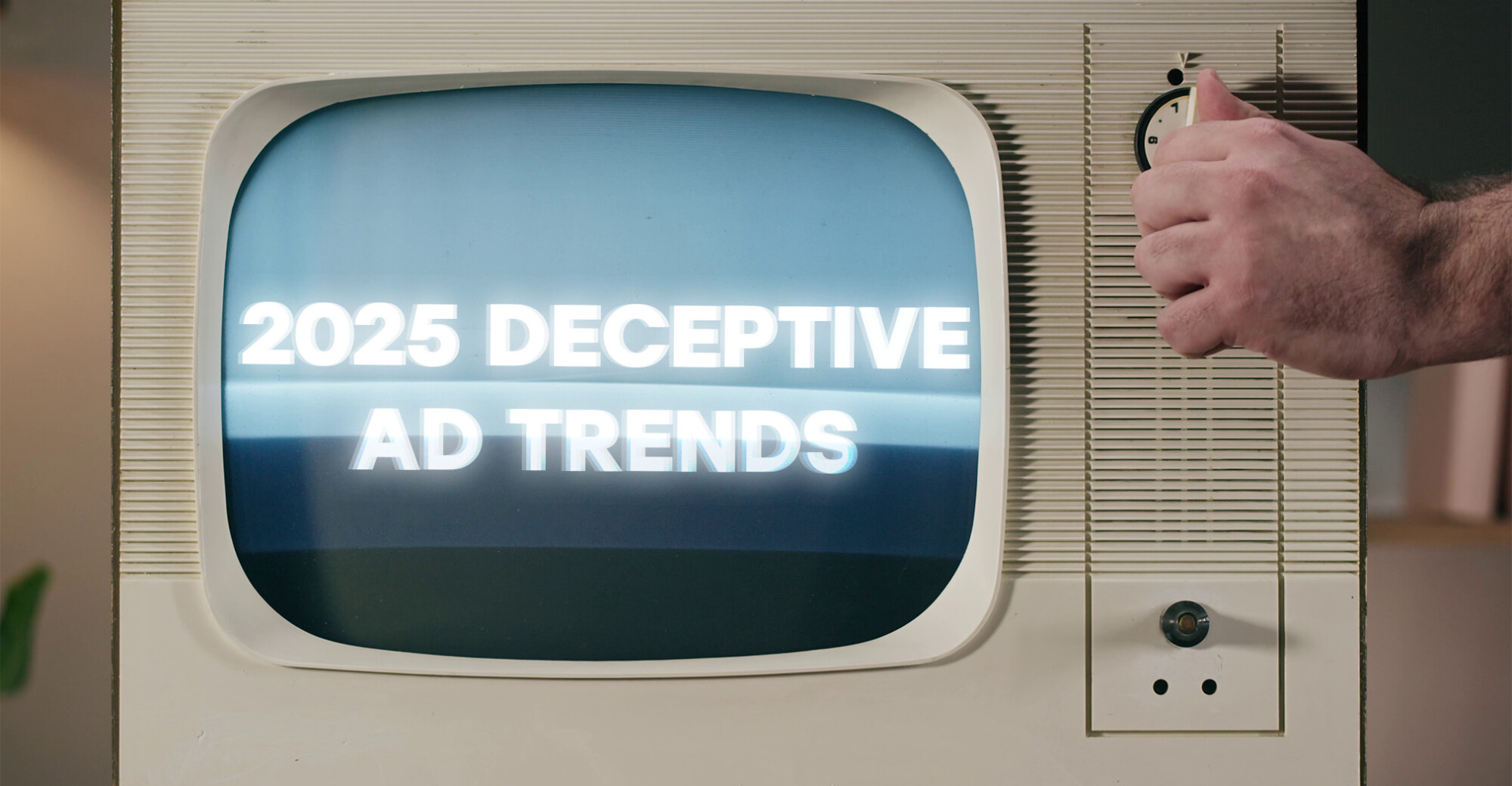
2025 Deceptive Ad Trends
A closer look at what we’ll be monitoring in the new year.
If the first 10+ months of 2025 are any indication of what’s to come as we hurtle into the holiday shopping season, consumers may need to tread carefully as they search for deals both online and in person.
Since the beginning of the year, more than 90 class-action lawsuits have been filed against retailers for allegedly misleading consumers about their advertised discounts. The lawsuits claim that the companies use false, or artificially inflated, reference prices (also known as regular or list prices) to create the illusion of a sale, falsely advertise sales as time-sensitive, or both.
Companies named in these complaints, which have been filed around the country, include Amazon, Wayfair, Sharper Image, Best Buy, Blackstone, Vineyard Vines, Tommy Bahama, Skechers, Samsonite, Mattress Firm, Fossil, Kipling, Ann Taylor and Loft, among others. The products at issue range from clothing and shoes to TVs and appliances to watches, grills and mattresses.
For example, a lawsuit filed against Blackstone alleges that the grill company advertises discounts ranging from $50 to $200 for many of its products on its website, including the grill below.
However, the lawsuit claims that these “are actually false discounts … as the products are never actually sold at the higher strikethrough reference prices listed next to the ‘sale’ price.”
The suit also alleges that Blackstone represents that products are on sale for a limited time “when in truth it appears they are perpetually sold at the advertised ‘sale’ prices.” The case is pending.
Similarly, a complaint filed against Sharper Image asserts that “nearly every product” on the electronics retailer’s website is falsely advertised with a “phantom discount.”
The result is a sham price disparity that misleads consumers into believing they are receiving a good deal, thereby inducing them into making a purchase.
The Sharper Image lawsuit was voluntarily dismissed.
But it’s not just online deals that allegedly use false reference pricing.
According to a complaint against watch and accessories retailer Fossil, the company displays “like style” prices in its outlet stores that are “overstated and did not represent a bona fide price” at which the products were previously sold. The lawsuit is pending.
Some of the false reference pricing lawsuits have resulted in settlements. Mattress Firm agreed to provide cash payments and/or vouchers to consumers who were allegedly tricked into thinking they were getting a bargain, while Kipling, Ann Taylor and Loft will provide settlement vouchers.
Of note, in 2017, TINA.org sent warning letters to four outlet stores – J. Crew, Coach, Hanna Andersson and Skechers – after a TINA.org investigation found the stores using false reference prices to run never-ending sales.
According to the FTC, in order for a sale to not be deceptive, the advertised regular (or former) price must have been “offered to the public on a regular basis for a reasonably substantial period of time.”
Another thing consumers need to be wary of as they hunt for holiday deals? Marketers’ claims to offer “free shipping” and “free returns.”
For example, a complaint filed against Thursday Boot Co. claims the retailer advertises “free shipping and returns in the US” when it automatically applies a “shipping protection” fee to purchases. The case is pending.
For tips on how to separate the real deals from the fake ones, see our post from last year.
Find more of our coverage on pricing.
A closer look at what we’ll be monitoring in the new year.
TINA.org offers some tips on how to avoid a shopping mishap this season.
What consumers need to watch out for this holiday shopping season.


